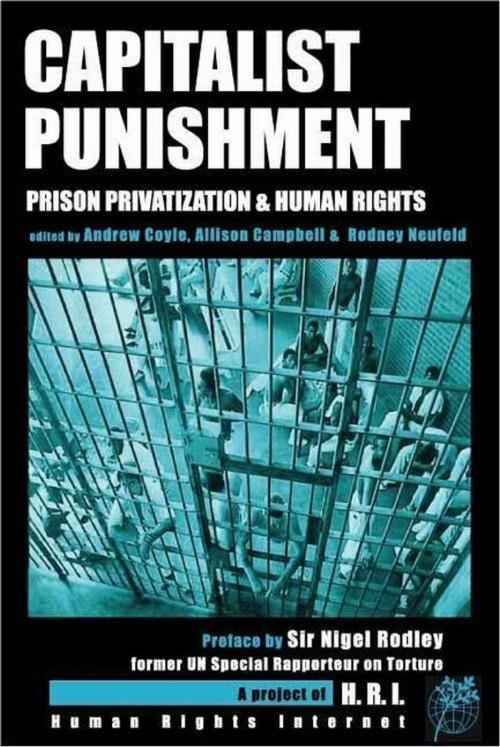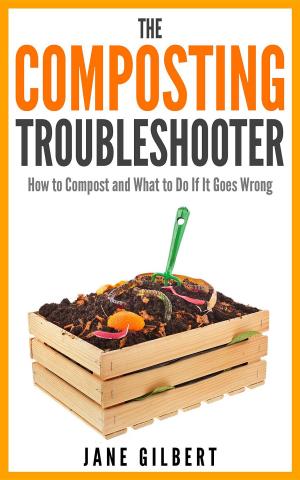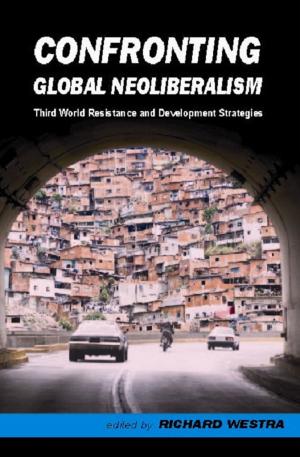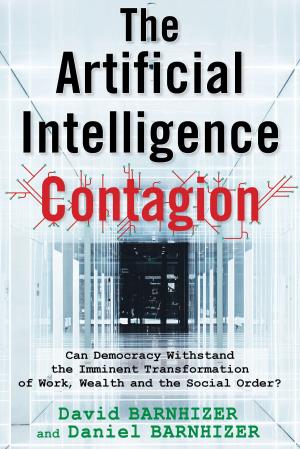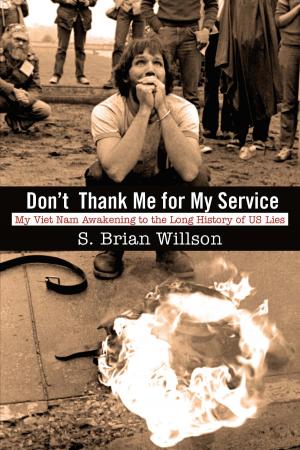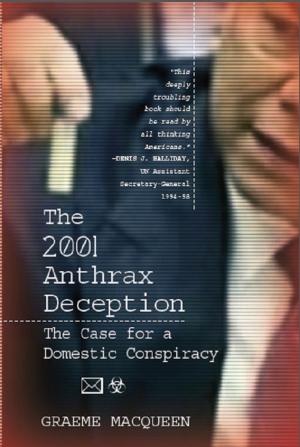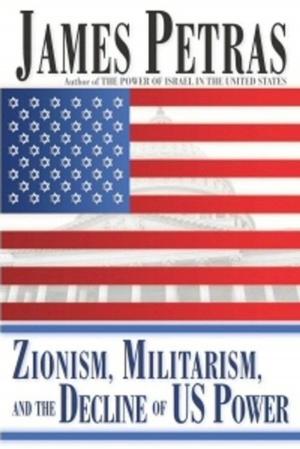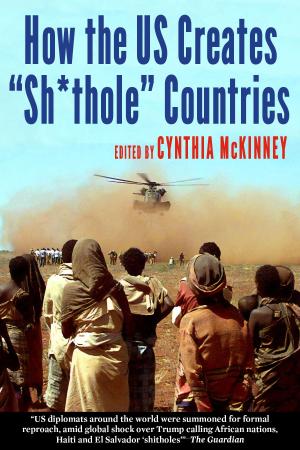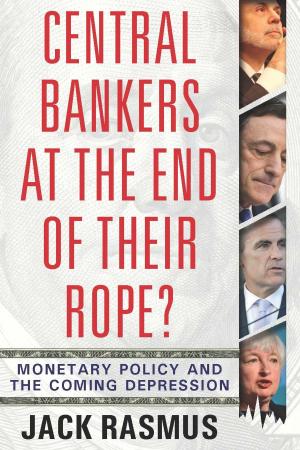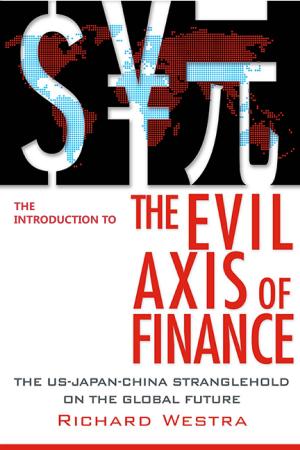Capitalist Punishment
Prison Privatization and Human Rights
Nonfiction, Social & Cultural Studies, Political Science, Government| Author: | Alex Friedman | ISBN: | 9780932863843 |
| Publisher: | Clarity Press | Publication: | January 5, 2010 |
| Imprint: | Clarity Press | Language: | English |
| Author: | Alex Friedman |
| ISBN: | 9780932863843 |
| Publisher: | Clarity Press |
| Publication: | January 5, 2010 |
| Imprint: | Clarity Press |
| Language: | English |
Over 100,000 people in the U.S. are incarcerated in prisons owned and operated by private corporations--a booming business. But how are the human rights of prisoners and prison employees affected when prisons are run for profit? An accomplished group of human rights writers and activists explores the historical, political and economic context of private prisons: * How are prisoners' lives affected by privatization? * How does it impact prison labor and prison employees? * How and why are private prisons becoming transnational? * Are women, children, and African and Native Americans affected differently from other populations? * How is privatization connected to the war on drugs, the criminalization of poverty and 'tough on crime' politics? The preface is by Sir Nigel Rodley, Professor of Law at the University of Essex; former United Nations Special Rapporteur for Torture; and knighted in 1999 for recognition of services to human rights and international law.
Over 100,000 people in the U.S. are incarcerated in prisons owned and operated by private corporations--a booming business. But how are the human rights of prisoners and prison employees affected when prisons are run for profit? An accomplished group of human rights writers and activists explores the historical, political and economic context of private prisons: * How are prisoners' lives affected by privatization? * How does it impact prison labor and prison employees? * How and why are private prisons becoming transnational? * Are women, children, and African and Native Americans affected differently from other populations? * How is privatization connected to the war on drugs, the criminalization of poverty and 'tough on crime' politics? The preface is by Sir Nigel Rodley, Professor of Law at the University of Essex; former United Nations Special Rapporteur for Torture; and knighted in 1999 for recognition of services to human rights and international law.
